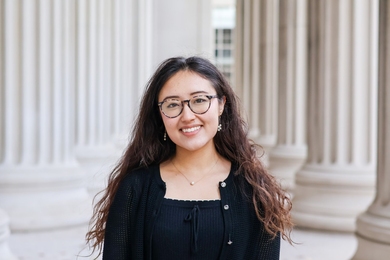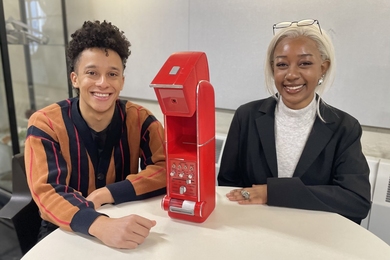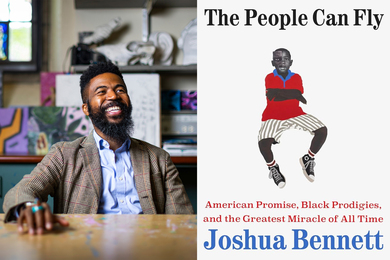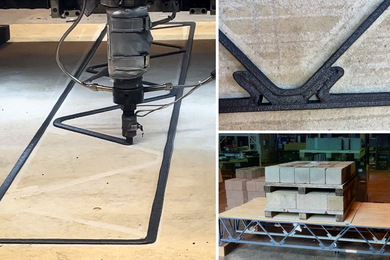After months of meetings, the Student Advisory Board to MIT's 16th President released its final report to the community on April 27, offering insights into students' needs and desires in almost every arena, from academics to extracurricular activities to the future of the Institute.
Back in December, when the group of 21 students first started meeting with President Susan Hockfield, Graduate Student Council President Barun Singh, who co-chaired the board along with Undergraduate Association President Harel Willams, said he hoped that the group would help Hockfield understand the MIT culture. Last week, Singh said that goal has been met. "She's just amazing," he said. "She has been really receptive to students' views and concerns."
Singh and others on the board solicited information from students through a number of open forums and via online feedback.
The final 40-page report "represents a snapshot of the many facets of MIT experience, and what we might work toward for the future, from the student perspective," the report says.
"We did the best we could to represent the overall student perspective," Singh said.
The group met with Hockfield four times over the course of three months and provided background reports for her on three main topics of concern: academic, research and professional development; community life and extracurriculars; and global connections, the long-term and strategic planning.
In the final report, students encouraged the Institute to continue "to recruit the most promising students and strive for an appropriate and well-considered balance." They also suggested MIT "rethink the role and content of core requirements" and pay "close attention to balancing quality and quantity of the student workload."
Students expressed an interest in forming better relationships with their professors and academic advisors, including more mentorship. According to the report: "Mentoring and learning-by-doing experiences are the hallmark of an the MIT experience." Students expressed the concern that focusing on academic research takes away from time spent mentoring students.
The report also touches on the general well-being of students, community resources and personal development. "MIT must be careful not to let organizational bureaucracy or 'professionalization' diminish the powerful experiential learning and risk-taking that are crucial to forging and sharpening our innovative 'MIT Edge,'" the report states.
Additionally, students stressed the importance of orientation to the general well-being of both graduates and undergraduates. Students urged the administration to encourage more student input into planning orientation.
Finally, the report talks about students' hopes for their future alma mater. From the report: "We urge MIT faculty and administrators at all levels to be more visible leaders, that is, to rally us and the world at large, to voice our core values, and to craft unifying Institute goals and directions."
A version of this article appeared in MIT Tech Talk on May 4, 2005 (download PDF).





